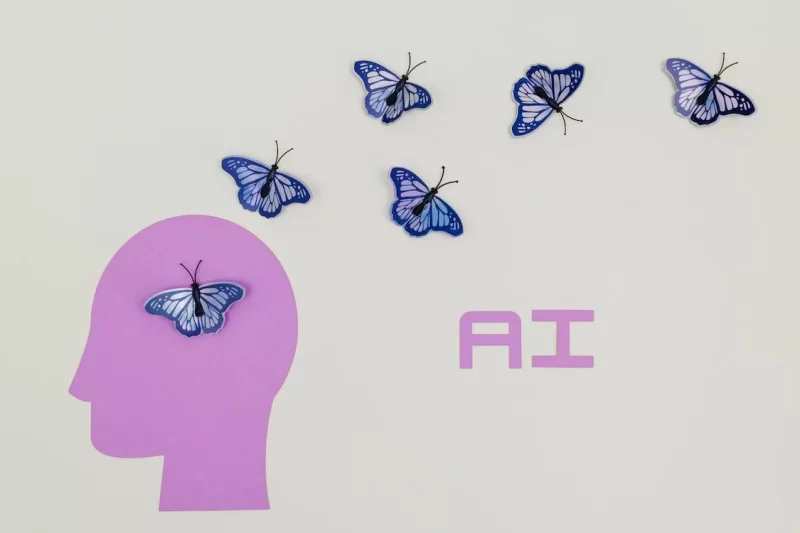UNESCO Recommendation on the Ethics of Artificial Intelligence

UNESCO calls on countries to fully implement its Recommendation on the Ethics of Artificial Intelligence immediately.
UNESCO’s Recommendation on the Ethics of Artificial Intelligence is the first global framework for the ethical use of artificial intelligence. It guides countries on how to maximize the benefits of AI and reduce the risks it entails. It contains values and principles, but also detailed policy recommendations in all relevant areas.
Industry self-regulation is clearly not sufficient to avoid these ethical harms, which is why the Recommendation provides the tools to ensure that AI developments abide by the rule of law, avoiding harm, and ensuring that when harm is done, accountability and redressal mechanisms are at hand for those affected.
 UNESCO’s Recommendation places a Readiness Assessment tool at the core of its guidance to Member States. This tool enables countries to ascertain the competencies and skills required in the workforce to ensure robust regulation of the artificial intelligence sector. It also provides that the States report regularly on their progress and their practices in the field of artificial intelligence, in particular by submitting a periodic report every four years.
UNESCO’s Recommendation places a Readiness Assessment tool at the core of its guidance to Member States. This tool enables countries to ascertain the competencies and skills required in the workforce to ensure robust regulation of the artificial intelligence sector. It also provides that the States report regularly on their progress and their practices in the field of artificial intelligence, in particular by submitting a periodic report every four years.
To this date, more than 40 countries in all regions of the world are already working with UNESCO to develop AI checks and balances at the national level, building on the Recommendation.
UNESCO calls on all countries to join the movement it is leading to build an ethical AI.
A progress report will be presented at the UNESCO Global Forum on the Ethics of Artificial Intelligence in Slovenia in December 2023.
